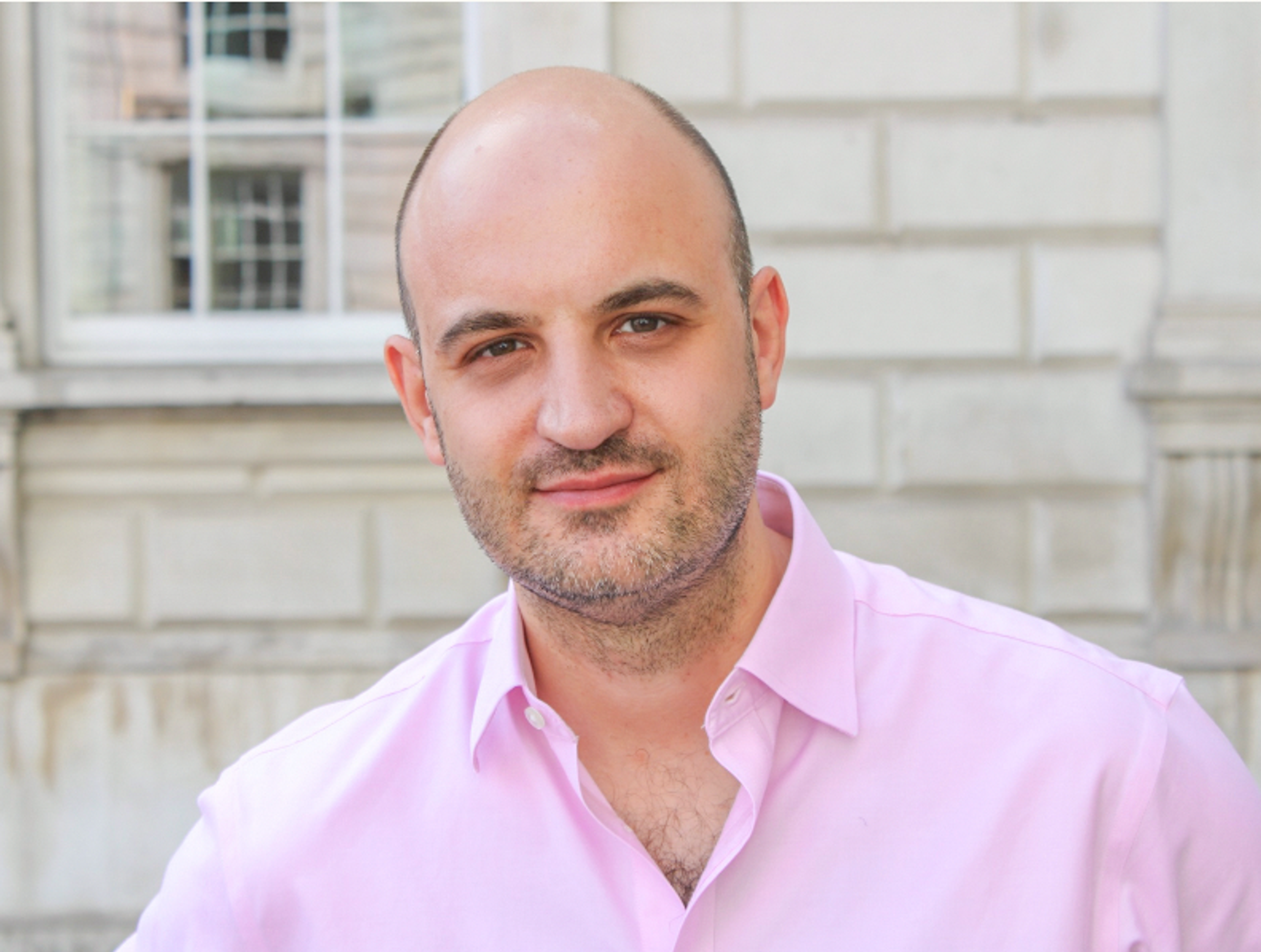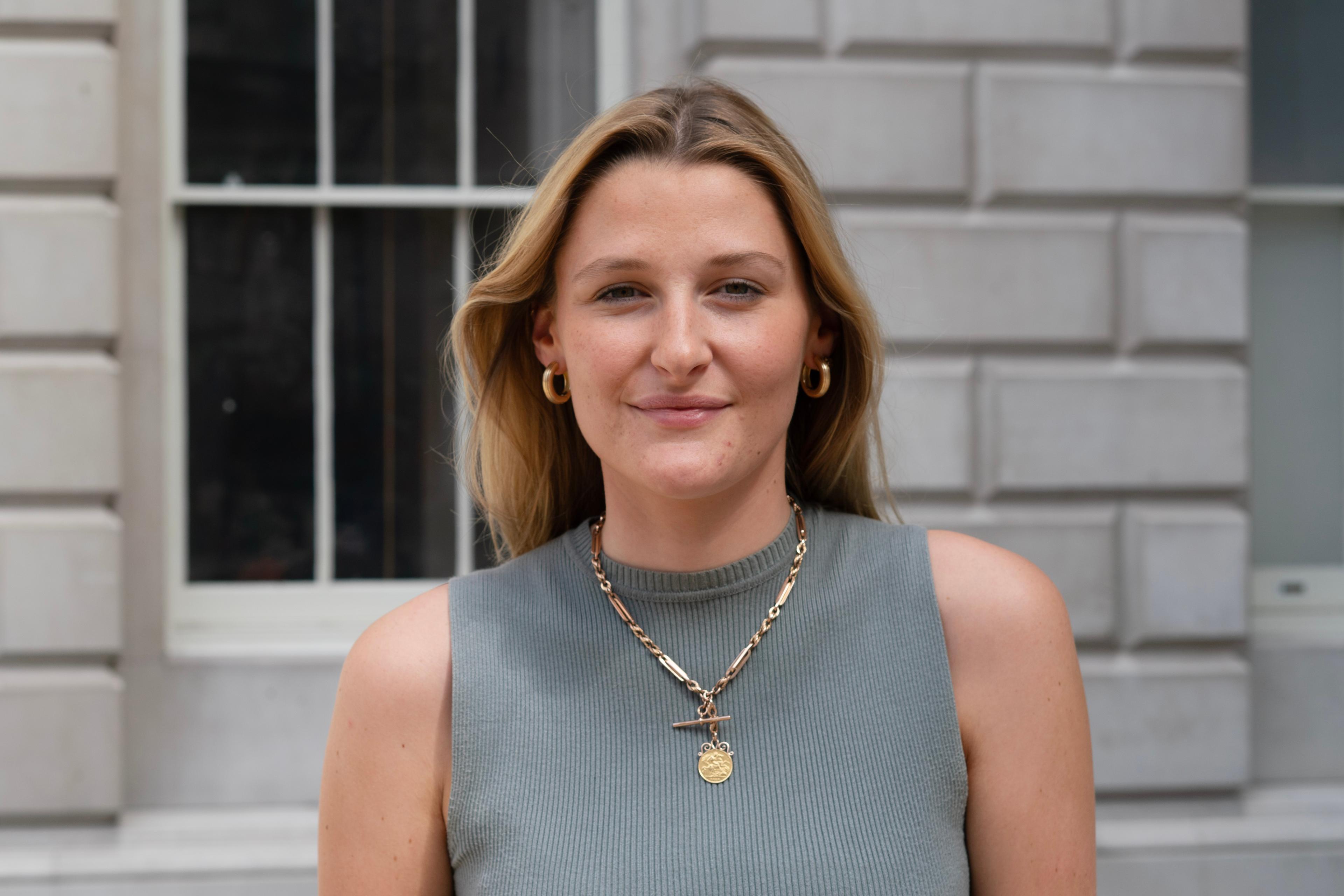AlisaWeilerstein


Contact
For availability and general enquiries:

Antonio Orlando
For contracts, logistics and press:

Jemima Pickersgill
Representation
About Alisa
The 23/24 season sees Alisa perform concertos spanning three centuries with the Berlin Staatskapelle, Boston Symphony, Royal Stockholm Philharmonic, City of Birmingham Symphony, Verbier Festival Orchestra and tour with the San Diego Symphony, having worked with the New York Philharmonic, Pittsburgh Symphony, Cleveland Orchestra, NDR Elbphilharmonie Orchester and Orchestre symphonique de Montréal the previous season.
Further ahead, she will perform with the Berliner Philharmoniker, Symphonieorchester des Bayerischen Rundfunks, Gewandhausorchester Leipzig, Czech Philharmonic, Los Angeles Philharmonic and Royal Concertgebouw Orchestra, alongside conductors Gustavo Dudamel, Alan Gilbert, Rafael Payare, Lahav Shani and Franz Welser-Möst.
In January 2023 Alisa premiered Fragments I – the first of six sequences of music combining Bach’s Cello Suites with 27 newly-commissioned works, accompanied by production, staging and lighting design. Following acclaimed performances at Carnegie Hall, Severance Hall and Tanglewood Festival, the muti-year project continues this season with dates at The Kennedy Center, Maison symphonique de Montréal, Walt Disney Concert Hall and the Sanders Theatre as part of Boston’s Celebrity Series.
Elsewhere, Alisa gives solo and chamber recitals at New York’s 92Y and Lincoln Center, London’s Wigmore Hall and Barcelona’s L'Auditori, where she will collaborate with pianist Inon Barnatan. A champion of new music, Alisa has given premieres of works by Matthias Pintscher, Pascal Dusapin, Joan Tower, Osvaldo Golijov and Thomas Larcher, while her many accolades include a MacArthur “Genius” Fellowship. She records exclusively for Pentanone.